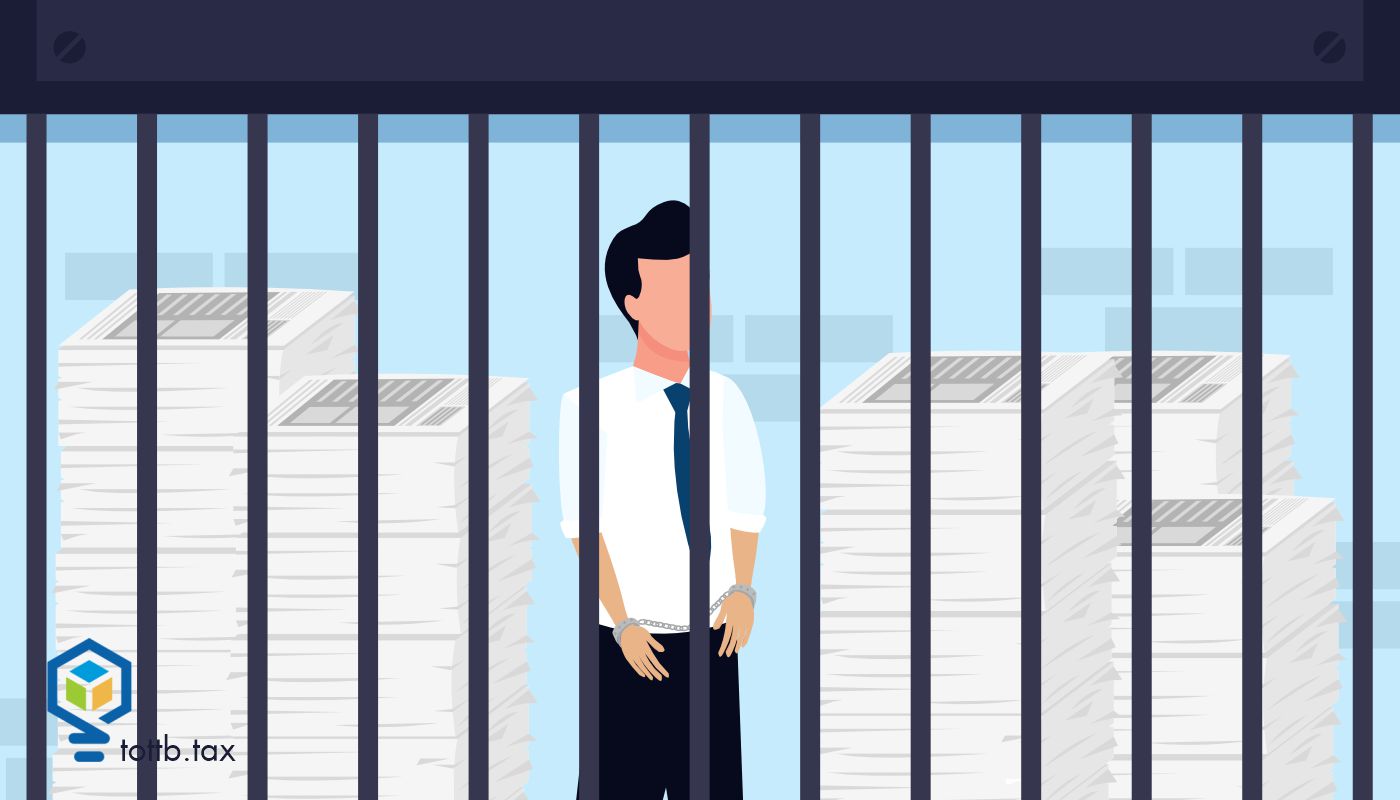LOOKING FOR LEGAL WAYS
TO REDUCE TAX?
New tax reduction strategies carefully explained and exhaustively researched every two weeks. Receive breaking news updates on tax law changes. Members only monthly AMA with TOTTB.tax.
WE PUBLISH TAX STRATEGIES FOR…
FEATURED CONTENT
Retirement Tax Planning – Work for All Seasons of Life
The single best skincare tip for avoiding wrinkles is to stay out of the sun. What does this have to do with retirement tax planning? Well, much as skincare shouldn’t stop when the first wrinkle appears, tax planning for retirement shouldn’t stop at retirement. Tax planning for retirement is an ongoing balancing act that, in a perfect world, begins with the first earned income and continues for the remainder of the taxpayer’s life. The trick is to balance tax strategies that help while a client is working with tax strategies that are going to benefit the client once they retire all without having a crystal ball as to how tax laws may change in the short- or long-term future. This article is the first in a four-part series that explores tax planning strategies both before and during retirement and discusses the importance of pro-active planning before and during retirement. Keep reading to learn more…
Read MoreCURRENT EDITION

2025 Tax Surprises You Shouldn’t Overlook
There are a few tax rules new for 2025 that may catch some individuals and their tax advisers by surprise. These changes have not received lots of attention either because they are overshadowed by related changes that are more significant, or they were enacted a few years back with a future effective date that arrives in 2025. This article covers changes for 2025 that you will want to be sure to share with clients to avoid surprises at a later date.

Leaving the United States, Part I: Expats
When Americans speak of leaving America, they generally are expressing a desire to live elsewhere in the world for cultural reasons or due to cost of living. These people are called expatriates, aka expats. For clarity, a mere visit to another country does not make you an expat. To be an expat, the move needs to be long-term and often includes working or retiring in the new country. Expats live somewhere outside the U.S., but still have a tax obligation to the U.S. and possibly the country they move to. That will be the focus of this article.

Tax Preparer Hit with Stiff Sentence
John Anthony Castro is a colorful character. He entered several Republican primaries seeking the Presidential slot after failing to win the primary for a Senate seat representing Texas. He sued to have our once and future President Donald Trump be removed from the ballot on Fourteenth Amendment Section 3 grounds. As we can easily infer, those suits went nowhere. But more than anything, John Anthony Castro was a tax guy with a virtual practice with locations in four cities. Not anymore. Now he is resident in a Bureau of Prisons facility – the Federal Medical Center Fort Worth. On October 30, 2024, Judge Terry Means sentenced Castro to 188 months in prison, followed by one year of supervised release and restitution of $277,243, following his conviction on 33 counts of “Aiding and Assisting in the Preparation and Presentation of a False and Fraudulent Return.” Does the sad story of John Anthony Castro hold any lessons for us? Perhaps.
SIMPLIFIED TAX STRATEGIES &
PRACTICAL IMPLEMENTATION
Think Outside the Tax Box provides tax reduction strategies along with practical
implementation advice in order to reduce your clients’ federal tax bill with ease.







